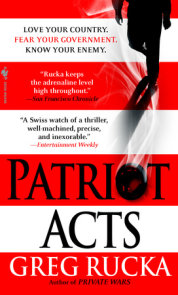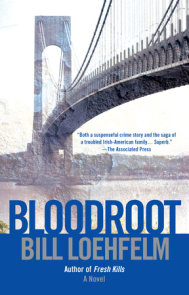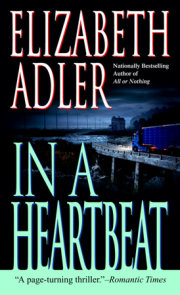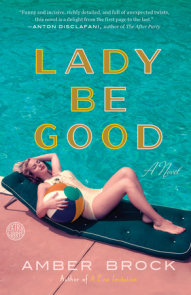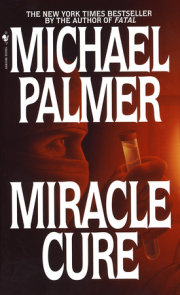READERS GUIDE
By turns hilarious and deeply moving, Mary After All is the perfect novel for anyone who has ever felt they needed a second chance at life–and set out to get it. Mary Nolan (née Marelli) is a tough-talking Jersey City native who grew up surrounded by her doting Italian relatives. Though her parents’ marriage was turbulent, Mary never forgot the love she received from formidable figures like her grandpa Louie, Tony the Horse, and Charlie Cupacoffee. Yet the man who would become her husband, Bobby Nolan, shattered everything she had believed about relying on men to protect her. Marrying young because she thinks it will give her freedom, she soon finds herself frustrated and constrained by her resulting circumstances. Even after she discovers Bobby’s infidelity, she struggles to find a clear exit. With two young sons to care for, she begins to see her life crumble just as the city around her loses its luster as well. In the end, it’s the women in her life who rescue her–a madcap group including her Aunt Dot and Aunt Loretta (who get Mary started as a bookie) and the ex-nuns who listen to her troubles even as they ask her for relationship advice.The questions, discussion topics, and author biography that follow are intended to enhance your reading of Bill Gordon’s Mary After All. We hope they will enrich your experience of this warm, poignant novel.
Questions and Topics for Discussion
1. What do Mary’s childhood memories tell us about her? What did the story regarding Tony the Horse and math teacher Mr. Bauer indicate about Mary’s understanding of the real world?
2. Did Mary ever see her mother as powerful? How was Mary’s life transformed by her mother’s scleroderma diagnosis?
3. Discuss the voice of the novel. How would you describe Mary’s storytelling style? What personality traits shine through in the way she communicates with us?
4. After meeting on a Ferris wheel in Seaside Heights, Bobby and Mary soon became an item. Do you believe they were in love when they married? Was her mother motivated by wisdom or jealousy when she told Mary not to marry Bobby? Why was Mary’s father more accepting of him?
5. What accounts for the differences between the way Mary and her mother handle an unfaithful husband? Did Bobby and Mary’s father have similar personalities?
6. How does Peg’s life compare to Mary’s? Which one of them ultimately has more freedom? How was that freedom obtained?
7. What do Miss Hughes and Miss Warnock teach Mary about the dating scene as they visit "fern bars"? What does Mary teach them about becoming "a catch"? Does Mary’s definition of an ideal woman shift during the last half of the novel, or does she maintain the same parameters for acceptable womanhood throughout her life? Does she believe that alluring physical appearance and a sharp mind are equally necessary for a woman’s success?
8. What did Mary hope to gain by having sessions with Merna? Was Mary right about Merna’s need for a makeover? Would Mary have recovered faster or more slowly without the Valium?
9. How would you have responded to a revelation like the one Mary hears about Dolores and Bobby?
10. Discuss the parenting styles illustrated in Mary After All. Is Bobby a good father, in spite of being a bad husband? How does Mary’s treatment of her children differ from her mother’s?
11. How does Charlie Cupacoffee compare to the other men in Mary’s life? Why was she drawn to him over the years? Did the manner of his death reflect his true personality?
12. Do Aunt Loretta and Aunt Dot care for Mary in equal measure? Did Mary’s qualities as a bookie apply to other aspects of her life as well?
13. When Mary at last hires Jeff as her attorney, what does she fear most? Why are Mary and Bobby more successful as a couple after their divorce?
14. Are Mary’s employment arrangements with Mr. Butler fair? Did Mary negotiate well on behalf of herself? How does financial independence affect her emotional life?
15. Both the setting and the time period of Mary After All shape the lives of the characters. In what way does Mary’s story mirror the transitioning neighborhoods she calls home? Could her life have unfolded in a similar way during her mother’s generation?
16. Who are the colorful characters that shape your family legacy? Do contemporary families have a better chance of enjoying "the middle" chapters of life that Mary describes in the novel’s closing paragraphs?










